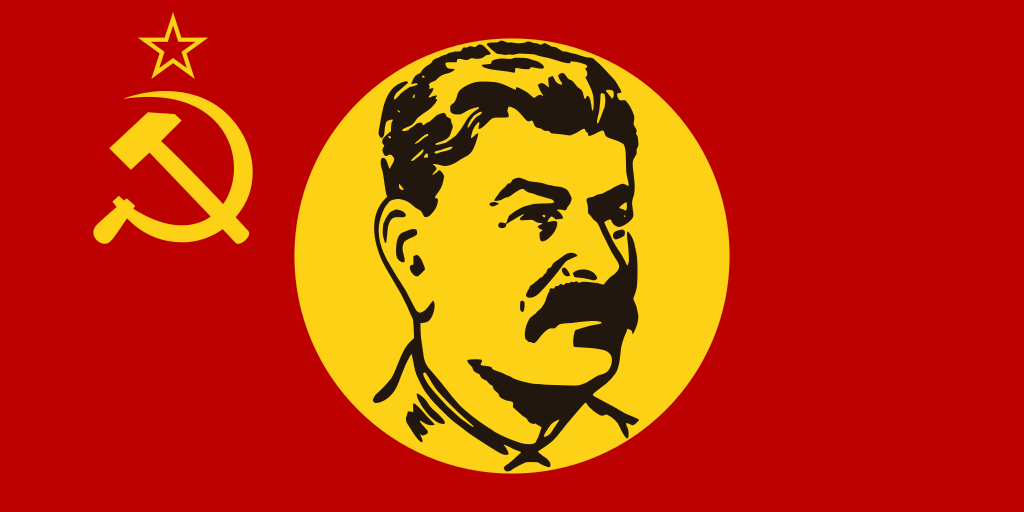Today, Wayne David MP will present the Strategic Litigation Against Public Participation Bill, his Private Members’ Bill, to the Houses of Parliament. This is a crucial milestone for the UK to stamp out all SLAPPs targeting public interest reporting. Irrespective of the identity of the public watchdog or the issues they are covering, a standalone bill is necessary to ensure that abusive legal threats and actions cannot continue to stifle free speech.
With a general election expected next year the introduction of this standalone Bill is the start of an important process. If the Bill is bold and expansive enough to protect all forms of free expression, protect British courts against abuse and disincentivise further SLAPPs, the impact it can have cannot be overstated.
The UK Anti-SLAPP Coalition, of which Index on Censorship is a co-founder and co-chair, will monitor and engage with the process to ensure the protections are as robust, clear and accessible as possible. The threats to people such as Carole Cadwalladr, Catherine Belton, Tom Burgis, Nina Cresswell, openDemocracy and The Bureau of Investigative Journalism (TBIJ), as well as the countless others who have been subject to legal intimidation demonstrates the urgent need for action to ensure free speech remains free.
If the details of the Bill are fleshed out in line with our Model Anti-SLAPP Law, this could be a hugely significant step to address the gaps in the recently passed Economic Crime and Corporate Transparency Act (ECCT) that established important, although limited, anti-SLAPP protections for those reporting on economic crime. While the Coalition welcomed the recent formation of the UK Government-led taskforce on non-legislative measures to tackle SLAPPs, we have always believed anti-SLAPP legislation to be an indispensable part of any initiative to tackle SLAPPs. The Bill announced today brings us closer to this goal.
Wayne David, MP for Caerphilly said: “It is vital that in a healthy democracy there is protection for everyone who speaks out in the public interest. Whether it is victims of sexual violence, journalists, whistleblowers or academics, there must be freedom for those who speak out. This Bill would ensure that there is that freedom in law. I look forward to working with members of the UK Anti-SLAPP Coalition and others to ensure that this Bill reaches the statute book.”
The UK Anti-SLAPP Coalition co-chairs said: “We welcome the announcement of Wayne’s Private Members’ Bill today. While the devil will be in the detail, this is a significant step towards ensuring British courts cannot be abused to shut down public interest speech. As always, we will assess the Bill with reference to the standards we have established in our Model Anti-SLAPP Law. We call on all Parliamentarians, irrespective of party, to continue the already fruitful cross-party collaboration on this issue to ensure we can stamp out SLAPPs without delay.”
Notes:
- The Long and Short Title for the Private Members’ Bill can be found here: https://commonsbusiness.parliament.uk/Document/83383/Pdf?subType=Standard#p age=20
- The UK Anti-SLAPP Coalition: https://antislapp.uk/
- The Model Anti-SLAPP Law can be viewed here: https://antislapp.uk/wp-content/uploads/2023/05/Model-UK-Anti-SLAPP-Law-Final-Ve rsion.docx.pdf
- The UK Anti-SLAPP Coalition response to the passage of the Economic Crime and Corporate Transparency Act: https://antislapp.uk/2023/10/26/a-landmark-moment-but-we-cant-stop-here/
The UK Anti-SLAPP Coalition: The UK Anti-SLAPP Coalition is an informal working group established in January 2021. It comprises freedom of expression, whistleblowing, anti-corruption and transparency organisations, as well as media lawyers, researchers and academics who are researching, monitoring and highlighting cases of legal intimidation and SLAPPs, as well as seeking to develop remedies for mitigation and redress.
The coalition has worked to make the case for structural and meaningful responses to SLAPPs. The coalition, which meets monthly, brings together expertise from a range of different fields to engage with policy-makers, regulators, media outlets and other organisations to ensure that the right to free expression and the ability for all to participate in society around them is not restricted by vexatious legal threats deployed by the wealthy and powerful seeking to shutdown scrutiny and democratic accountability.






